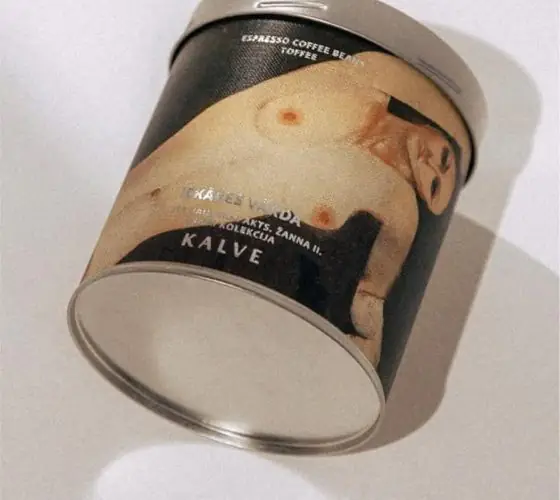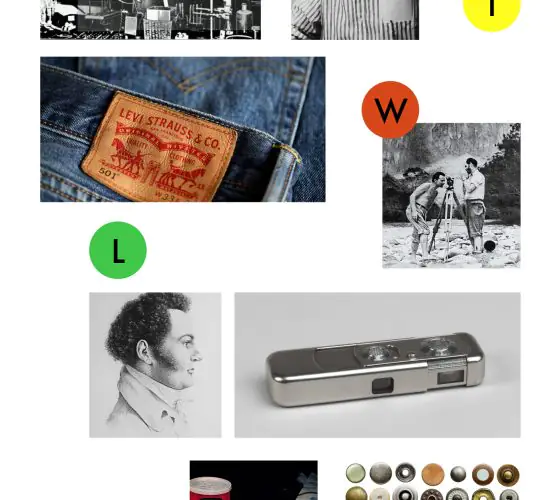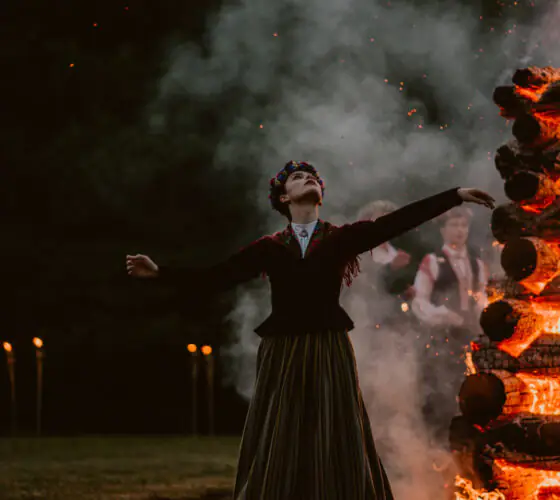
dazeddigital.com
Act One. Gender Inequality
Карл (Харрис Дикинсон) и Яя (Шарбли Дин) в ярости.
Carl (Harris Dickinson) and Yaya (Charlbi Dean) are furious.
The celebrity couple (he is a model while she’s his more successful and better-paid girlfriend) have just finished dinner at a luxurious restaurant. Waiter brings the bill.
What should be done in today’s equal society?
One example, this receipt can be divided. However, only Carl counts on that. And his girlfriend Yaya defiantly grooms herself, looking in a pocket mirror.
Thus, an emotional argument erupts between the characters on the subject of gender inequality. Karl is dissatisfied and annoyed by such a stale stereotype in their relationship: “man must pay the bill at a restaurant. And why shouldn’t the woman pay for an expensive dinner, since she earns more? Why does it always fall on the man’s shoulders? Is it really about the money? No, it’s not about money!” – Carl screams in the heat of an argument. He’s not the daddy that Yaya dreams of, he just wants equality, love, and mutual respect.
Carl tries very hard to look like a high moral person – but in contrast, thus far he looks more like a hysterical and wounded boy.

i-d.vice.com
Act Two. The Rise of the Rich
The shocking and, frankly, unpleasant second act of the film takes place on a luxury yacht. Carl and Yaya find themselves on a cruise ship to make some Instagram posts. And the breadwinner is again the heroine. After all, it is because of her photos on a sun lounger or in a restaurant, why both now may embark on a luxurious voyage.
On the ship, director introduces viewer to new rich characters. And what does the elite of society look like? Whose whims must the ship’s staff cater to?
Cartoon characters. An elderly couple who made their fortune developing weapons, Russian-American Dimitri (Zlatko Buric), who got rich selling fertilizer and manure (he himself chooses a more obscene term for it) with his middle-aged wife and young mistress, clearly a frequent guest of the plastic surgeon.
This is also where the first introduction to the ship’s staff takes place. Perhaps the least repulsive character in the film is the cruise director, Paula (Vicki Berlin). She does her job well, but hypocritically. Expecting good tips, she tries to please the “inconceivably rich Russians.
Estlund satirically portrays staff characters in their love for money. After all, it is they who give the rich characters a sense of privilege. Therefore, when the ship is caught in a storm, rich lifestyle on the backdrop of natural elements looks like seasickness.

irishtimes.com
It is on this ill-fated evening that the charming Woody Harrelson, starring an alcoholic Maxist captain, sets up an elegant ceremonial dinner. What does a black tie only evening turn into when the rocking becomes unbearable and the Michelin-quality masterpieces you’ve just eaten can’t stay in your stomach any longer? It’s a rhetorical question.
Here comes the disgusting fifteen minutes of the film, which is impossible to perceive neutrally. The range of feelings is wide: sympathy, glee, perverse pleasure, and extreme disgust. The director literally turns the untouchable image of the rich, who sincerely believed the world was at their feet. Now they are vomiting on the bathroom floor. It turns out that this is what equality really looks like. Everyone suffers equally.
Act Three. The Last Become the First
In the third act, the director goes even further and turns the social hierarchy upside down. The latter becomes the former.
After a shipwreck, heroes find themselves on a deserted island with only one task – to survive. But how do that when all you’re qualified for is posing for magazine covers? Can good looks remain currency on a deserted island?
It turns out that equality is also impossible in the wilderness. After all, if you know how to make a fire and catch a fish, you’re at the helm and begin to build society to suit you. This is what Abigail (Dolly de Leon), a former cleaner on the ship, did. Now she dictates terms to the rich and establishes the matriarchy. Her finest hour has arrived, she finally gets the revenge, wanting to get the best of everything that was not available to her in ordinary life.
But how long will this model of society last and is it viable?
“The Triangle of Sadness” is a film pondering if in our modern consumer society, a man with a capital letter is possible. The director gives a clear answer to this question, brutally ridiculing people from various social groups. Both rich and poor people are the focus of his criticism.
And despite all acrimony, the remarkable thing is that such cinematography is accepted by the public with gusto. Winning the 75th Cannes Film Festival is proof of that.

filmindependent.org






